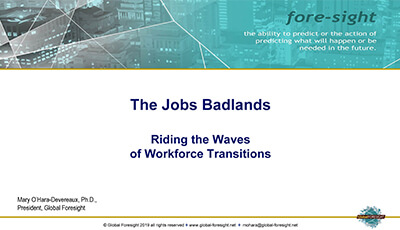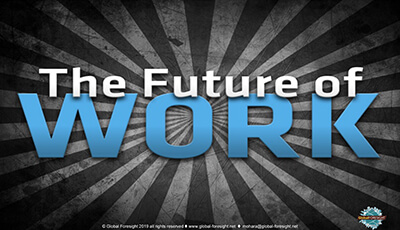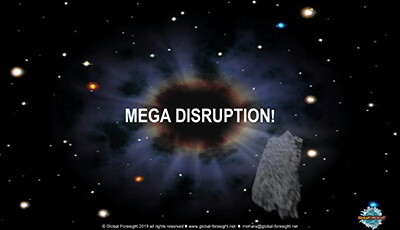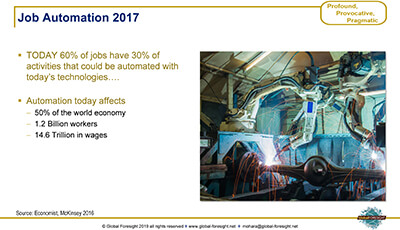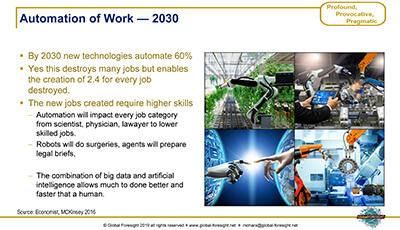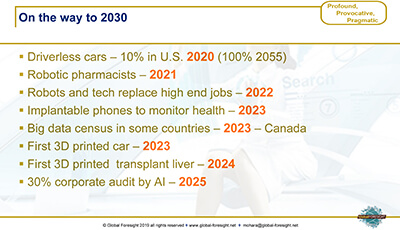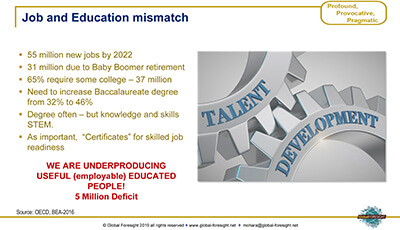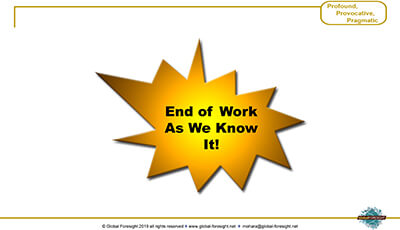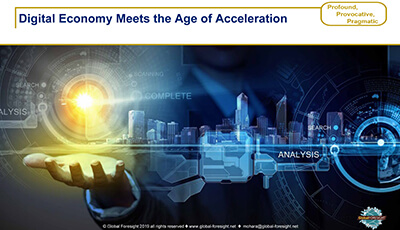New technologies and automation will displace up to 60% of work over the next 10 years during the first wave of automation. Although many jobs will be lost, even more will be making large and substantive transitions that demand workers up-skill to remain employed. Will these transitions be smooth or there will be huge rises of unemployment and income inequality.

Will there be enough work in the future? In the short term probably, but the biggest challenge is supporting the up-skilling of such an enormous number of workers. Nowhere in America is the educational system prepared for this.
Mary also offers Specialized Keynotes highlighting the disruptions and trends most relevant to your organization, and what to do about them.
Selected Key Concepts:
- New Future of Work – Waves of Transitions
- Jobs lost, gained, in transition
- Profiles of winners and losers
- New Job creation – what and for whom? Scale
- The unemployment, wage polarization risk
- The rise of the “useless class”
- Advanced and emerging economies differences
- Educational system readiness for massive up-skilling
- Impacts–
- Forecast of 2030
“Although Florida State College System is one of the leaders in innovating about bridging the gap between education and jobs, you took our thinking to the next level and gave us so many great insights into where the future of work is going. Thank you for spending this time with all our leaders.”

